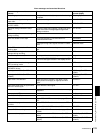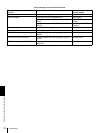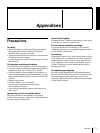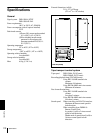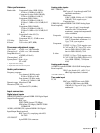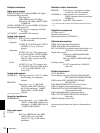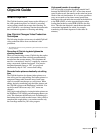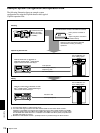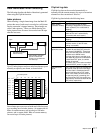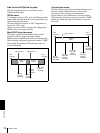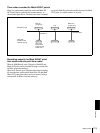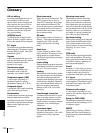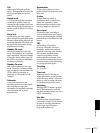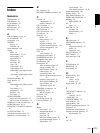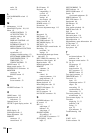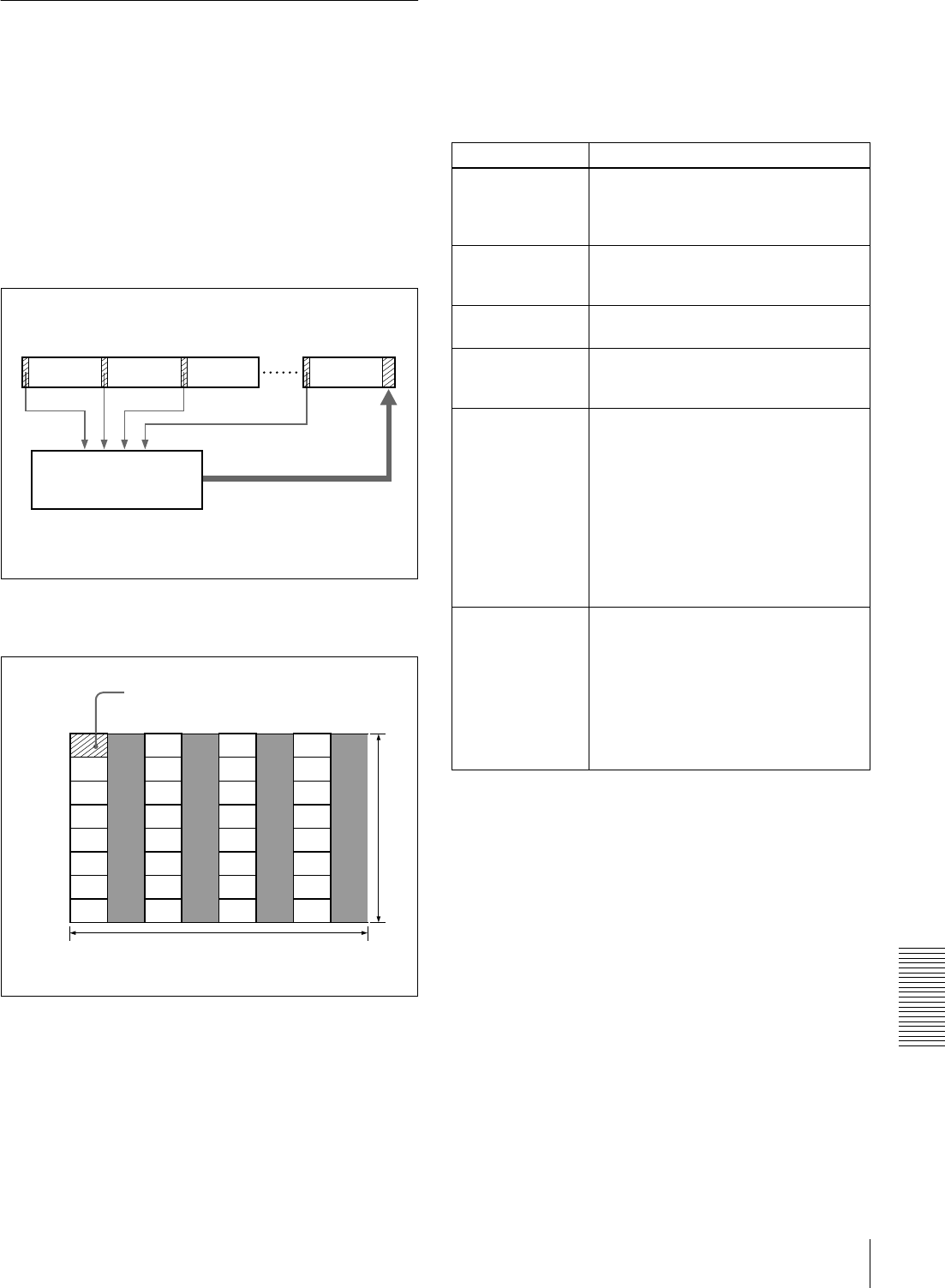
117
ClipLink Guide
Appendixes
Data Generated When Shooting
The following describes the kinds of data that is generated
when using the ClipLink function.
Index pictures
When shooting, a single-frame image from the Mark IN
point at the start of each scene is recorded as a still picture
into the camcorder’s internal memory. These images are
called “index pictures.” When you finish shooting, the
index pictures from all scenes are recorded onto the tape
after the last scene.
Up to 32 index pictures can be recorded onto the tape space
normally occupied by one frame, as shown below.
Seven frame spaces are reserved at the end of the last scene
as a recording area for index pictures. (A cassette with 16
Kbits of cassette memory can record up to 198 index
pictures, and a cassette with 4 Kbits of cassette memory
can record up to 45 index pictures.)
ClipLink log data
ClipLink log data can be recorded automatically or
manually into the cassette memory for use as a convenient
alternative to the conventional “shot list.”
ClipLink log data includes the following items.
Scene 1 Scene 2 Scene 3 Scene n
DVCAM camcorder’s
internal memory
After shooting, the index
pictures in the internal
memory are recorded onto
the video tape.
Tape
1
5
9
13
17
21
25
29
2
6
10
14
18
22
26
30
3
7
11
15
19
23
27
31
4
8
12
16
20
24
28
32
0 90 180 270 360 450 540 630
60
120
180
240
300
360
420
NTSC
(72)
(144)
(216)
(288)
(360)
(432)
(504)
(PAL)
Index picture
720 dots
480 lines (NTSC) or 576
lines (PAL)
ClipLink log data Description
Reel number
(cassette number)
Data (maximum length: 8 digits)
consisting of alphanumeric characters
and/or symbols (This is left blank at
shipping.)
Scene number A three-digit number from 001 to 198
(starts at 001 and is automatically
incremented with each scene.)
Take number This cannot be changed (set to “1” at
shipping).
OK/NG Indicates the OK/NG status of a
particular scene. (In the OK case,
nothing is recorded.)
Mark IN/OUT
point time codes
These are the time codes that indicate
the Mark IN and Mark OUT points for
each scene (HH:MM:SS). These time
codes are recorded when the camera
has been set to MARK mode.
The time code value is rounded up at
each Mark IN point and rounded down
at each Mark OUT point, to a whole
number of seconds.
For details, see “Time codes recorded
for Mark IN/OUT points” on page 119.
Cue point time
code
This is the time code that indicates the
cue points (valid up to the frame digit).
This time code is recorded when the
camera has been set to CUE mode.
When in this mode, the time codes at
the start and end of a recording (the
Rec IN and Rec OUT time codes) are
automatically recorded as Mark IN and
OUT points, respectively.



